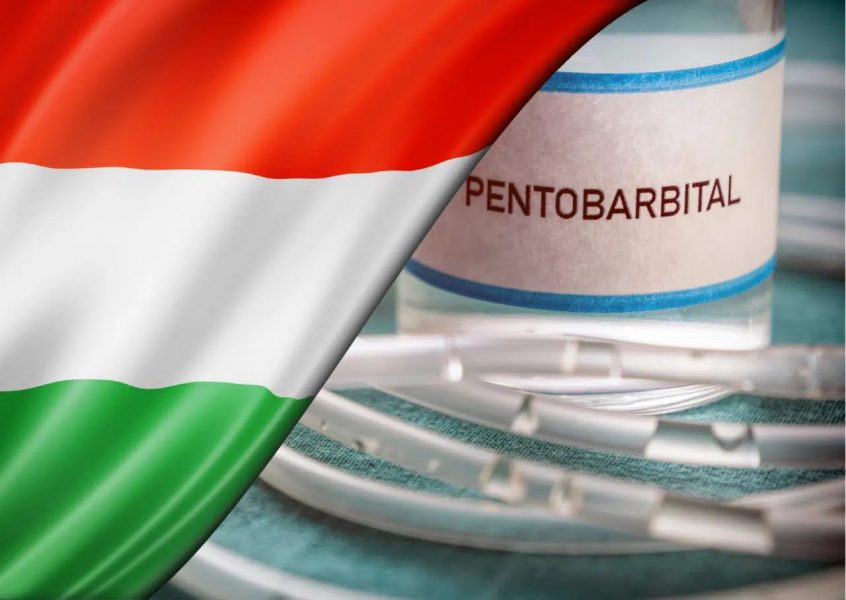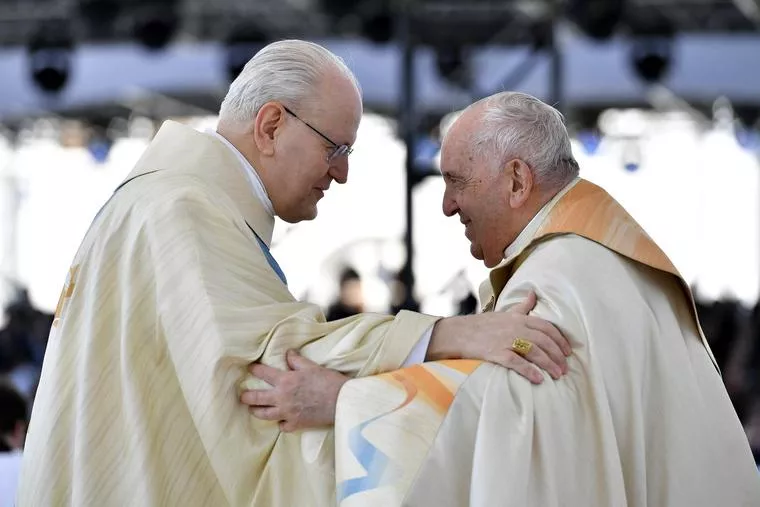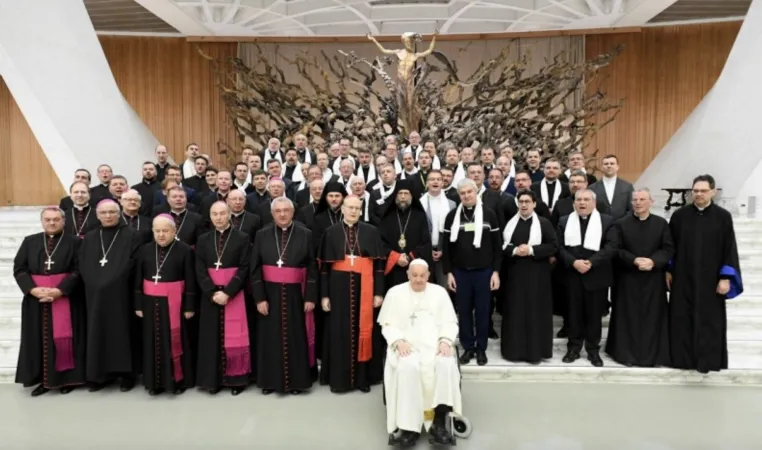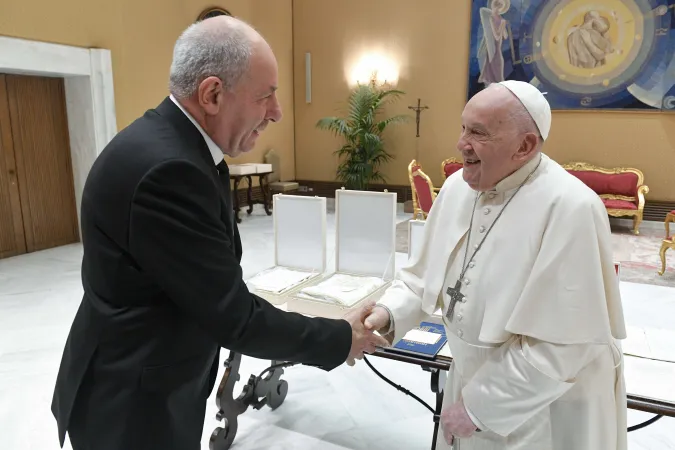(Hungarian Conservative. Máté Lefler).
Leonardo Orlando holds a PhD in Political Science and International Relations from Sciences Po Paris. He was a Postdoctoral Researcher in Cognitive Science and Evolutionary Psychology at École Normale Supérieure de Paris, and holds bachelor’s and master’s degrees in Philosophy from the Université Paris 1 Panthéon-Sorbonne. He has been a Research Fellow at the Centre for International Studies of Sciences Po Paris (CERI), at the French Institute for Research in Africa (IFRA-Nairobi) and at Consejo Nacional de Investigaciones Científicas y Técnicas (CONICET, Argentina), as well as Visiting Scholar at The Fletcher School of Law and Diplomacy at Tufts University, at the University of Oslo and at the University of Economics in Bratislava. He has lectured in France, at Sciences Po Paris and at Sorbonne, and served as Assistant Professor in Argentina, at the Universidad de Ciencias Empresariales y Sociales (UCES) and at the Universidad Argentina de la Empresa (UADE). His research focuses on biological and evolutionary approaches to political behaviour. Currently he’s studying the collapse of the higher education system and how this affects society and jeopardizes the future of the West. We interviewed him in Budapest, where he came at the invitation of the Mathias Corvinus Collegium and the Danube Institute.
As an academic, have you ever come face to face with cancel culture? Yes, I had the opportunity to experience cancel culture first hand; I was going to teach evolutionary approaches to political behaviour at Science Po Paris, but in the end I was not allowed to. I obtained a PhD in political science and international relations, and also did a postdoc in cognitive science and evolutionary psychology. So, as an academic, I have been connected with Sciences Po for some time, and in the spring of 2022, I was preparing to teach two courses in that semester: one was on evolutionary political psychology, the other, which we were going to teach with philosopher Peggy Sastre, was on evolution and biology applied to gender. And the classes had been confirmed with the classroom, time, everything for a long time—but nine days before the beginning of the semester the courses were cancelled because the institution’s dean received a call from the gender scholars of Sciences Po. At this very particular moment, there were 82 classes about gender issues from the point of view of the denial of biology at Science Po—and it seems that there was no place for one that looked at the question of gender from an evolutionary and biological point of view. This eventually led to me giving up my academic career.
Continue reading…





